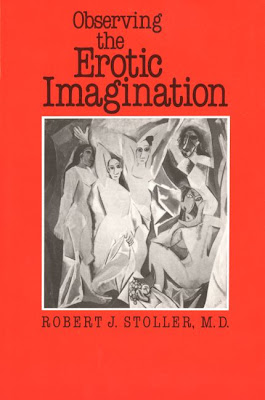Stoller’s Rules: Thoughts on Psychoanalysis and Education Research

In his 1985 book, OBSERVING THE EROTIC IMAGINATION, the late psychoanalyst, Robert J. Stoller, offers a number of rules for psychoanalytic research that could well be of usefulness in considering what exists and what is possible in conducting (and consuming) education research (as well as the research in other social sciences. I first give Stoller’s list of rules, without putting them in the precise context in which they were originally presented, for fear of prejudicing some readers about taking these ideas seriously. Note that words in brackets are changes I have inserted to make the rules more obviously relevant in the context of educational research. Original language being replaced is specifically psychoanalytic. Rule 1: anyone can assert anything. Rule 2: no one can show anyone is wrong, since no one can check anyone’s observations (including his or her own). Rule 3: ignorance can be wisdom (“The way toward better understanding, then begins with our understanding how little we un...


